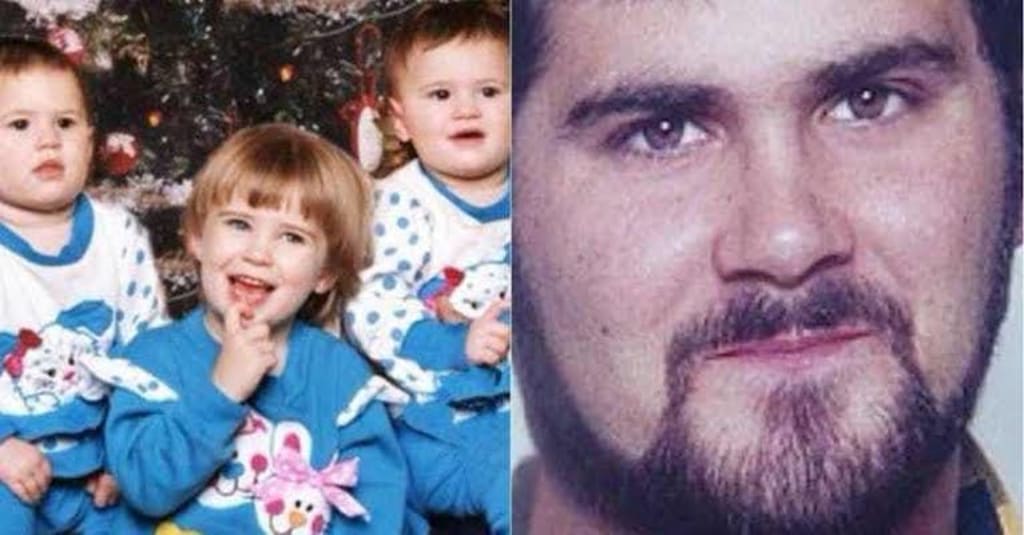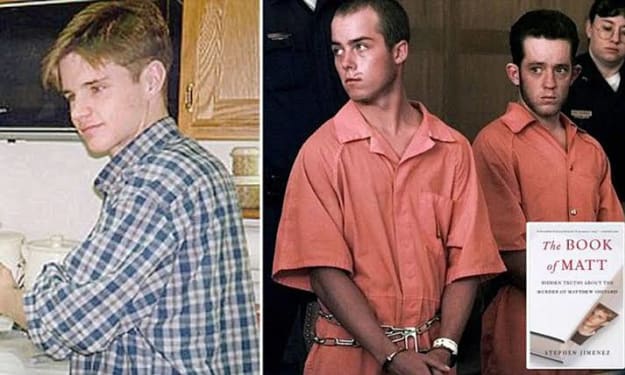Forensic Errors, Fatal Consequences
Cameron Todd Willingham's case underscores flaws in the criminal justice system. Convicted of arson and murder, doubts arose about unreliable forensic evidence. His execution in 2004 sparked debates about the death penalty and forensic science.

Cameron Todd Willingham's story is one that highlights the complexities of the criminal justice system, raising questions about the reliability of forensic evidence, the role of bias, and the potential for tragic miscarriages of justice. Born in 1968 in Ardmore, Oklahoma, Willingham's life took a tragic turn when he was convicted of arson and murder in 1992, accused of setting a fire that claimed the lives of his three young daughters. He steadfastly maintained his innocence throughout the trial and subsequent years on death row.
The case against Willingham primarily rested on the interpretation of fire patterns and expert testimony, which suggested that the fire had been intentionally set. However, as the years went by, advancements in fire science revealed that some of the techniques used to determine arson in the past were unreliable. This raised serious doubts about the validity of the evidence presented at Willingham's trial. In 2004, renowned fire scientist Dr. Gerald Hurst reviewed the case and concluded that there was no scientific basis to support the assertion that the fire was arson.
Despite mounting concerns about the evidence, Willingham's appeals were exhausted, and he was executed in 2004. His case garnered increased attention from activists, journalists, and legal experts who raised questions about the fairness of his trial and the potential for an innocent man to be executed. The emergence of new evidence and expert opinions ignited a broader debate about the reliability of forensic science in the criminal justice system.
In 2009, the New Yorker published a comprehensive investigative article by journalist David Grann, shedding light on the numerous flaws in the case against Willingham. The article highlighted how flawed forensic science, unreliable witness testimony, and possible prosecutorial misconduct had contributed to his conviction. The public outcry following the article's publication led to increased scrutiny of the case and renewed efforts to seek justice for Willingham.
In 2011, the Texas Forensic Science Commission reviewed the evidence in Willingham's case and acknowledged that the fire investigation had been conducted with outdated and flawed methods. While the commission did not make a definitive conclusion about Willingham's guilt or innocence, its findings reinforced the concerns about the use of faulty forensic evidence in criminal trials.
The Willingham case also contributed to broader discussions about the death penalty and the potential for irreversible mistakes. As doubts about Willingham's guilt grew, advocates for criminal justice reform and opponents of the death penalty pointed to his case as an example of the inherent flaws in a system that allows for irreversible punishments. The ethical implications of executing a potentially innocent person were brought to the forefront of public discourse.
In 2019, Texas Governor Greg Abbott posthumously granted Willingham a posthumous pardon based on new evidence, officially recognizing the flaws in his conviction. The pardon, while a significant step towards acknowledging the injustice, could not undo the tragic loss of Willingham's life.
Cameron Todd Willingham's case serves as a sobering reminder of the fallibility of the criminal justice system and the potentially devastating consequences of relying on flawed evidence and biased investigations. His story led to increased awareness about the need for reform in forensic science practices, the importance of proper legal representation for defendants, and the imperative to prevent the execution of potentially innocent individuals.
As society continues to grapple with issues of justice, fairness, and the appropriate use of capital punishment, the legacy of Cameron Todd Willingham stands as a cautionary tale about the complexity of criminal cases, the limits of scientific understanding, and the moral responsibility to ensure that justice is truly served. His story has fueled ongoing efforts to improve the accuracy and reliability of forensic evidence, to prevent future miscarriages of justice, and to safeguard the rights of all individuals within the criminal justice system.





Comments
There are no comments for this story
Be the first to respond and start the conversation.